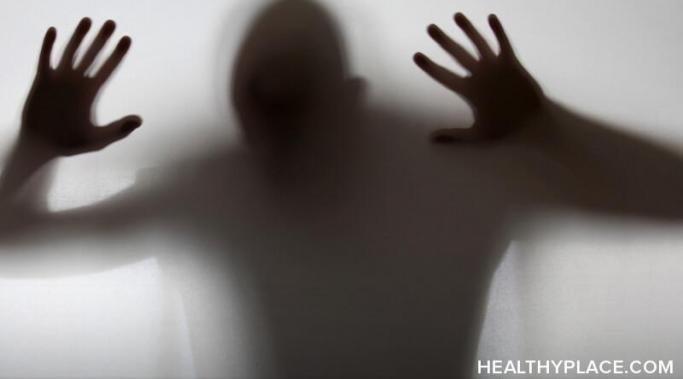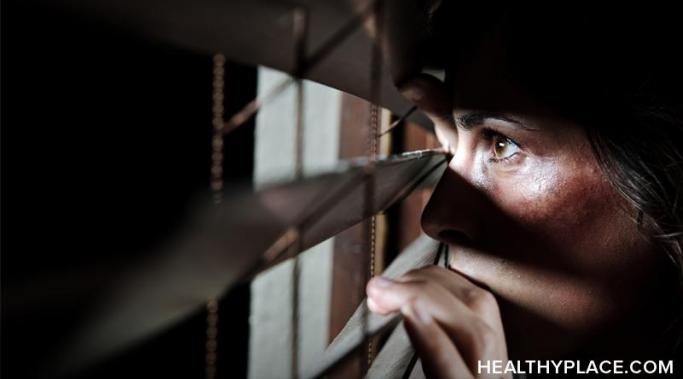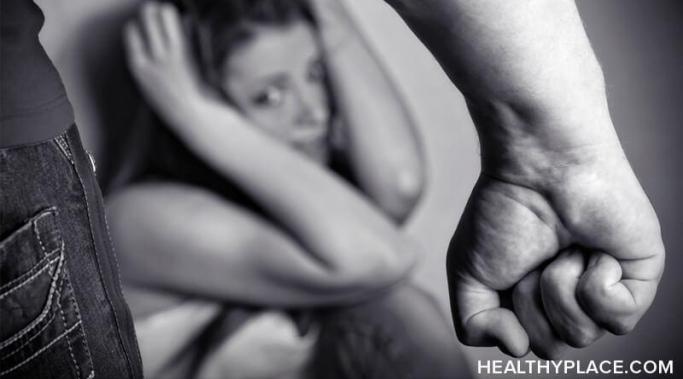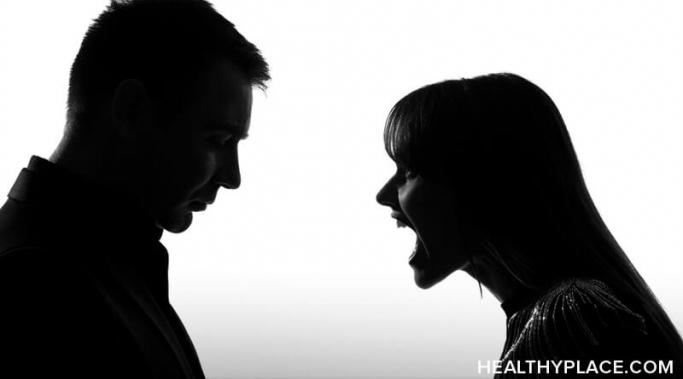Normalizing verbal abuse is a danger that society should be wary of, but in the political climate that envelopes much of social media interaction today, it's increasingly difficult for people to find productive ways to interact with each other. More and more, people use verbal abuse when discussing differing ideologies on social media. Should verbal abuse on social media feel so routine? Can we stop normalizing verbal abuse?
Signs and Symptoms of Abuse
Most people think physical violence is more dangerous than verbal abuse in a relationship, but this is a misconception. It's why we often hear well-meaning advice such as, "If an abuser's behavior turns violent, it's time to leave." But should it have to get to this point before the abused person walks away? Emotional abuse and physical violence are not mutually exclusive -- in fact, one is usually a precursor to the other. So, let's explore the psychological side effects of verbal abuse, some of which have dangerous implications.
Understanding the definition and examples of the ad hominem fallacy will change the way you process arguments forever. This is really important in the context of trying to figure out if you are a victim of verbal abuse, which is sometimes the case when the ad hominem fallacy is used.
Think you've spotted the early warning signs of verbal abuse in your relationship? If so, you're not alone. I was in a volatile, abusive partnership for two years before I identified the signs, and by then the damage was already done. Like me, you probably know that any form of emotional abuse is insidious and highly destructive. You understand that this kind of psychological trauma can lead to depression, self-harm and even physical violence in a relationship. Unlike me, however, perhaps you can spot the warning signs of verbal abuse early on and put an end to the vicious cycle.
Gaslighting, emotional abuse that can drive a person crazy, is a form of manipulation that can lead to the victim questioning everything they have ever known to be true. Do you know someone whose interactions leave you feeling like you are going insane, either from frustration, bewilderment, or exhaustion? You may be a victim of gaslighting. Don’t panic, the silver lining is you’re not actually going crazy, you’ve just had a firsthand encounter with gaslighting -- emotional abuse and crazy-making manipulation.
Withholding contact is something your partner could do that could make you feel worse than hearing his verbal abuse. Picture yourself in a relationship in which there are no violent outbursts, no explosive fits of rage, no words thrown at you like hand grenades, in which your only punishments are silence and deprivation. It may sound like a favorable option to anyone on the frontline of a verbally abusive relationship, but so-called "withholding" is a particularly insidious method of abuse that deprives us of our basic comforts and makes us feel less than human. Here's why verbal abusers withhold verbal and physical contact, and how to respond.
If your verbal abuser is a narcissist, what are the signs? As we know, it's important to spot the signs of verbal abuse early on in a relationship. However, recognizing the issue is only part of the process; gaining insight into your verbally abusive relationship can be the start of the emotional healing process, but how do you begin to understand it? There are many complex reasons why verbal abuse happens, but personality disorders are among the most common. Realizing you're in a verbally abusive relationship with a narcissist can be a real light-bulb moment, so what are the signs?
Here's how it feels when people tell you that your verbally abusive ex-boyfriend is a "nice guy." At first, it makes you doubt yourself, as if you could have made the whole thing up or that you must be overreacting. It feels as though the whole world is reinforcing the idea that well-established, charismatic men cannot possibly be held accountable for abuse. It's frustrating and maddening that no one is willing to recognize the pain he inflicted on you. You cry, shout, and doubt yourself some more. But then you stop being angry. You stop expecting others to understand. Instead, you nod and smile and make peace with what you know to be true. And here's to deal with it when your verbal abuser is a nice guy.
The distinction between verbal and physical abuse is something I have questioned ever since my abusive relationship ended. My ex-partner shoved me, pushed me, kicked me and forced me out of his way when we argued. He raised his fist and made threats, but never actually hit me. Does this mean I was verbally, physically abused or both? I think the answer depends on where we, as individuals, draw the line.
When I first realized I'd been in a verbally abusive relationship, I asked myself, "Why me?" and "Why does verbal abuse happen?" but there were no straightforward answers to these questions. The articles I read online echoed the reassurances of those close to me -- that the abuse wasn't about me, it was about my ex. "If it hadn't been you it would've been somebody else," I kept hearing, doubting if this was really the case. Years later, I still find myself wondering whether the abuse was entirely his fault or if I could have done more to prevent it. I still wonder why verbal abuse happened.









